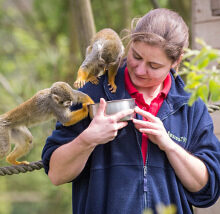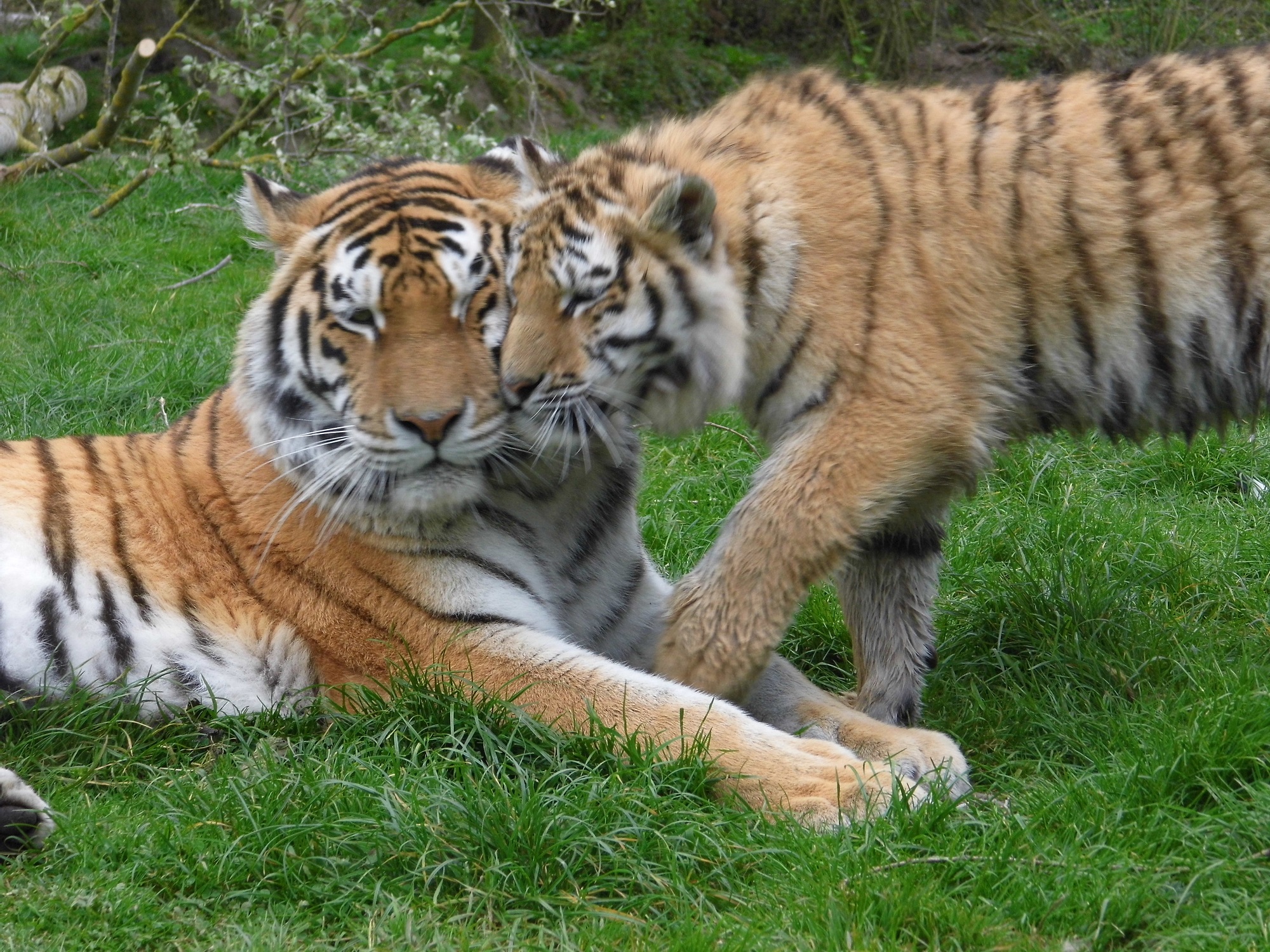Discover more about the amazing range of careers available in Wildlife and Zoos in the East of England.


If you love nature and the outdoors why not find a job working within a setting associated with wildlife and the environment. Many organisations in this category lead on conservation and protecting the planet. Obvious job roles are those such as animal keepers, countryside guides, bird wardens and botanists. Less obvious is the army of backroom staff which manage the books and ensure the organisation stays viable. There is opportunity for all at entry level. If wildlife is of interest; you could start as a volunteer wildlife guide and gain knowledge of various animals and their environments and then train to become a zoologist, horticulturist, or an ornithologist. With experience you could train to become a veterinary nurse or surgeon, or conservation scientist. Or you could choose to work in accounts, marketing, HR or other more general, behind the scenes, roles whilst enjoying going to work every day, knowing your contribution is supporting long term sustainability.
Hover over each of the careers below to learn more.
A wildlife photographer takes pictures of animals and plants in nature and will spend a lot of time working outdoors. Photographing wildlife doesn’t require any formal qualifications and may start as a hobby and develop into a career. Those who have customers for their pictures may travel around the world to visit different environments or look for specific or rare animals to photograph.
Zoologists study animals and their behaviour. This may be for developing and testing new drugs, animal welfare and education, disease and pest control, improving agricultural crops and livestock or developing policies and enforcing regulations for government agencies.
A Veterinary Nurse works with veterinary surgeons to provide the best care to animals that need veterinary care. Vets diagnose and treat sick or injured animals. These are often pets, but also animals involved in sports or attractions, those in agriculture or the farming and food industry, even wild and marine creatures- depending on your specialisation.
A Landscape Architect will design and plan open spaces, this could be a green space within a city where people work, live and relax or where animals and plants can live and thrive. They will work with other professionals such as town planners, architects and civil engineers to create something that is sustainable and looks good.
Those working in customer services provide the first point of contact and information for customers or members of the public who contact or visit an organisation. This involves dealing with a variety of enquiries on the phone, face to face and by email. A receptionist will be required to keep up to date with the organisation’s activities, news and operations in order to provide the most up to date and relevant information to clients or the public.
An education manager for a zoo or wildlife park is responsible for educating the public and visitors, with information from the curriculum of the zoo or charity in an informative and enjoyable way. They work to curate, manage exhibits around the park, and educate visitors on the roles of their organisation and the animals and wildlife they protect. The education team are not just animal keepers but zoological specialists whose job is to understand the species, manage their habitat and communicate this information to the visitors.